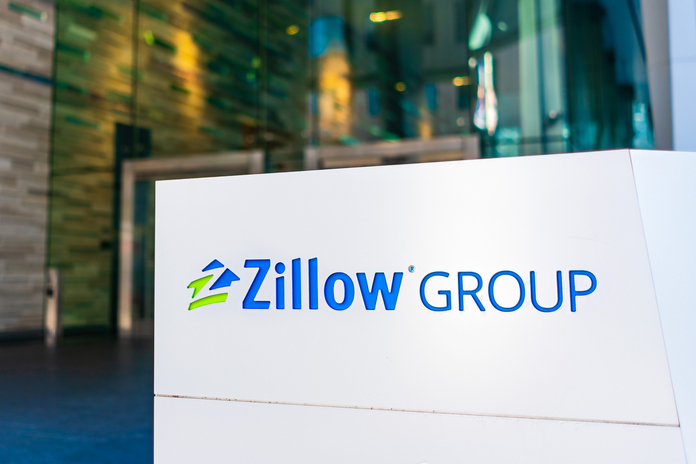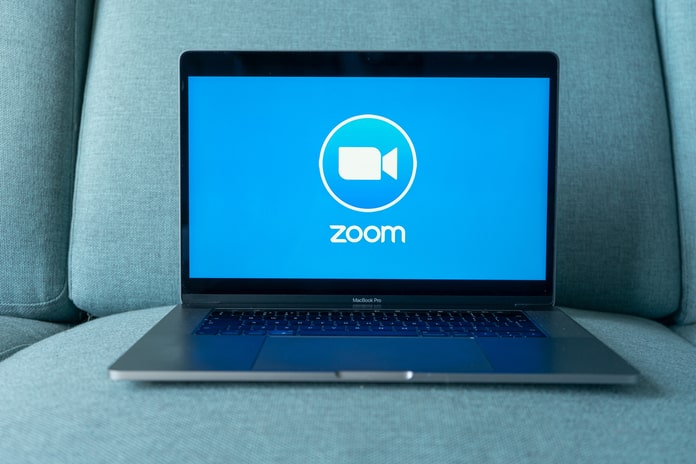Although Zillow Group Inc. has nearly finished selling every home it acquired during the frenzy that caused its iBuying business to fail, its plans caused its shares to decline on a dismal prediction during Thursday’s extended session.
In the second quarter, Zillow (NASDAQ:ZG) earned $8 million, or 3 cents per share, on revenue of $1.01 billion, down from $1.31 billion in the same period last year.
The real estate services company posted earnings of 47 cents per share, up from 44 cents per share a year ago, after accounting for stock compensation and other effects.
According to FactSet, analysts anticipated Zillow to announce adjusted earnings of 35 cents per share on $985 million in revenue. Following the announcement of the results on Thursday, shares fell more than 8% in after-hours trade. They had previously closed up 0.2% at $38.13.
Executives expect sales of $431 million to $461 million for the third quarter, a dramatic drop from $1.74 billion in the same period last year and significantly less than analysts’ average projections of $563 million.
Building a “super app” that combines the strengths of its other two business segments, Internet, Media, and Technology, or IMT, as well as the mortgages business, is the core of Zillow executives’ recovery strategy after abandoning the buying effort. This app will assist buyers and sellers throughout the home-buying and -selling.
But they will have to do that because declining existing-home sales and rising mortgage rates have made the housing market “uncertain,” as executives have recognized. On Thursday, they clarified this position, and not in a good way.
In a letter to shareholders on Thursday, Zillow executives stated that “homes are even harder to afford.” “Unprecedented housing price increases have led to affordability issues, which have been made worse by rapidly rising mortgage rates. Due to this, buyer sentiment has reached a 20-year low, and lower buyer demand has chilled the once-hot seller’s market.
“Ultimately, with all these factors combined, the housing industry saw flat year-over-year total transaction dollar volume in Q2 while various leading indicators deteriorated. Although demand indicators stabilized in July compared to June, we expect second-half 2022 total industry transaction dollar volume to meaningfully contract year over year,” they added.
With two separate announcements made on Thursday — a multiyear agreement with iBuyer Opendoor Technologies Inc. (OPEN) and a new tool that would allow home purchasers to browse five different markets at once — Zillow demonstrated how it expects to carry out the “super app” plans.
The issue for Zillow as it attempts to develop its “super app” is that it depends on real estate agents’ advertising spending and other activity, who might be eager to reduce their spending when the hot housing market of the epidemic era cools down.
Due to Zillow executives releasing negative news and Wall Street projections “truly getting reset,” RBC analysts cautioned last week that this might be a “back up the truck” quarter.
According to the researchers, two-thirds of the agents they spoke with, up from 56% in April, either reduced or planned to reduce their spending with Zillow. The situation can worsen before it gets better, with the summer season ending and macroeconomic conditions heading downward following months of slowdowns.
Mortgages generated revenue of $29 million in the second quarter, down from $57 million a year earlier and under the average analyst forecast of $36 million. IMT sector revenue was flat at $475 million in the second quarter, missing the average analyst estimate of $482 million.
Those two sectors’ forecasts came in below what analysts had predicted. Executives at Zillow estimated IMT revenue for the third quarter to be between $409 million and $434 million, compared to analysts’ average projection of $433 million, and mortgage revenue to be between $22 million and $27 million, or almost half of the average analyst forecast of $45 million.
In the past year, Zillow stock has lost 65.9%, while the S&P 500 index SPX, -0.08%, has down 4.2%.
Featured Image: Megapixl © Andreistanescu















